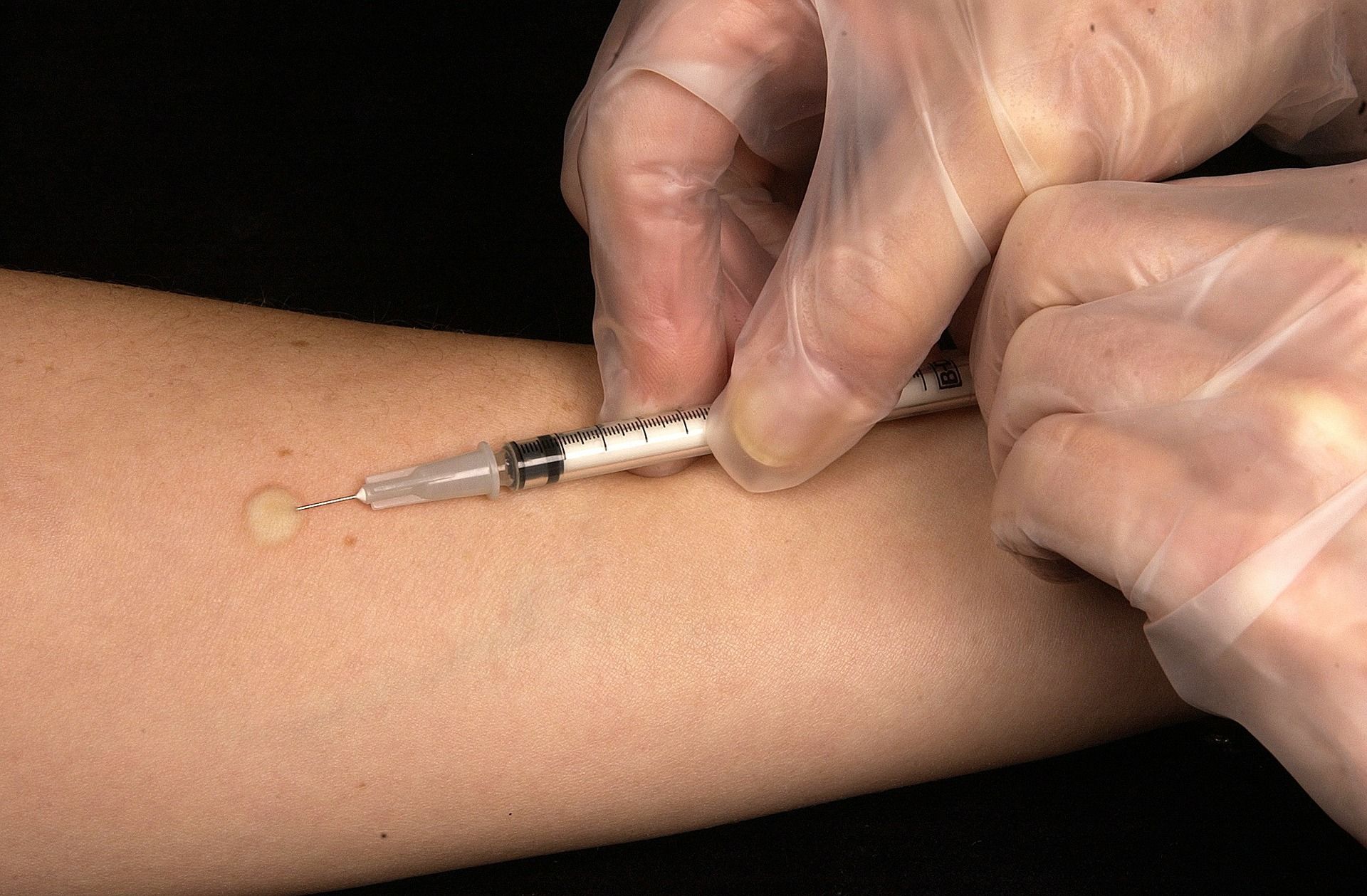A Sydney clinic has informed more than 1,000 patients, including children under five who received their first vaccinations in the past four years, that their vaccines may have been less effective as they may not have been stored at the right temperatures.
The Holy Family Medical Centre in Dulwich Hill has notified patients and parents of children who received a vaccine between Dec. 4, 2019 and July 30, 2024, that their protection may have been compromised due to incorrect storage of the vaccines at the clinic. About 1,208 patients, including 394 children under five, were affected, Guardian Australia reported.
A letter from the general practice (GP) received by parents, whose children received the vaccine, explained that a review with Sydney Local Health District found some vaccines given since December 2019 may not have been stored at the correct temperatures.
“Recently we worked with Sydney Local Health District Public Health Unit to review how we handle and store vaccines. This review showed that some vaccines given since December 2019 may not have been stored at the right temperatures. While the vaccines will not cause any harm, they may not have worked as well in preventing diseases because storage temperatures may have been outside of the acceptable range.”
The letter added that failure to follow National Vaccination Storage Guidelines means some vaccines may not have worked properly, and revaccination is necessary to protect against serious diseases like polio, measles, and pneumonia.
“Receiving an ineffective vaccine is equivalent to not being vaccinated. This means that you remain vulnerable to serious diseases like polio, hepatitis, measles, whooping cough and pneumonia that remain threats to our community.”
According to a spokesperson at Sydney Local Health District, “Patients who received private travel vaccine and influenza vaccines are not at risk.”
The GP is offering free revaccination starting Oct.19, with a dedicated clinic supported by additional staff from the local public health network. Priority will be given to patients below five and adults above 65 years.







